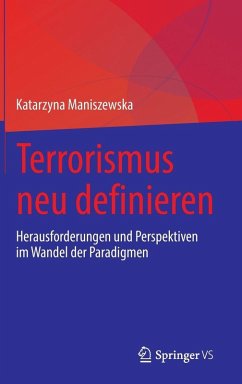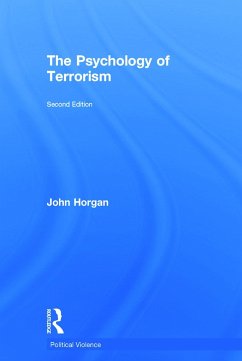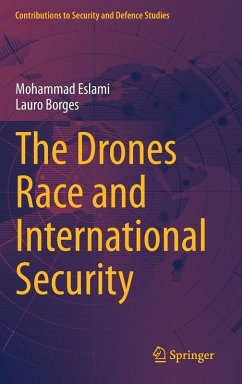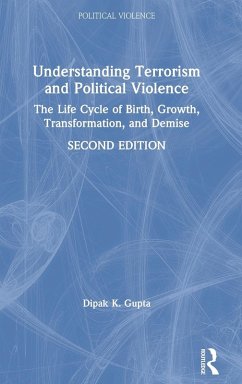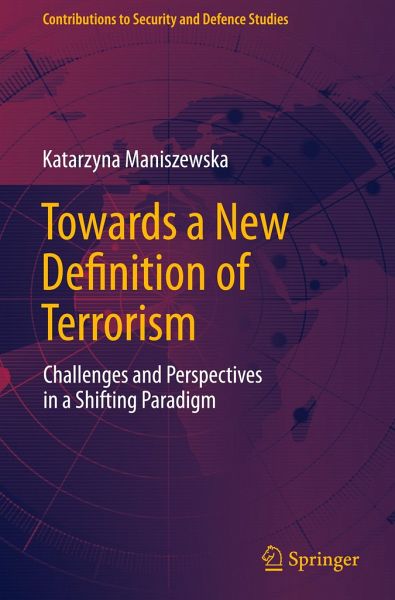
Towards a New Definition of Terrorism
Challenges and Perspectives in a Shifting Paradigm
Versandkostenfrei!
Versandfertig in 6-10 Tagen
98,99 €
inkl. MwSt.
Weitere Ausgaben:

PAYBACK Punkte
49 °P sammeln!
This book addresses critical questions in the field of terrorism studies that have long eluded consensus in the international community. It discusses why there is an abundance of definitions of terrorism and, on the other hand, the absence of a standard definition of terrorism reflected at the international level, shedding light on the elusive boundaries for achieving a global consensus.The book's two compelling hypotheses pave the way for a fresh perspective on counterterrorism efforts. Firstly, the need for new legal frameworks that adapt to the evolving nature of terrorism, encompassing sta...
This book addresses critical questions in the field of terrorism studies that have long eluded consensus in the international community. It discusses why there is an abundance of definitions of terrorism and, on the other hand, the absence of a standard definition of terrorism reflected at the international level, shedding light on the elusive boundaries for achieving a global consensus.
The book's two compelling hypotheses pave the way for a fresh perspective on counterterrorism efforts. Firstly, the need for new legal frameworks that adapt to the evolving nature of terrorism, encompassing state-sponsored terrorism. Secondly, by examining the historical roots of terrorism, this book uncovers patterns that could reshape future counterterrorism strategies.
Drawing on interviews with 20 leading experts in terrorism studies from diverse backgrounds and regions, this book provides invaluable insights and ensures a well-rounded examination of the subject. It will appeal to students, scholars, and researchers of security studies, political science, international relations, and terrorism studies in particular, as well as policy-makers interested in exploring the complexities of countering terrorism in our ever-changing world.
The book's two compelling hypotheses pave the way for a fresh perspective on counterterrorism efforts. Firstly, the need for new legal frameworks that adapt to the evolving nature of terrorism, encompassing state-sponsored terrorism. Secondly, by examining the historical roots of terrorism, this book uncovers patterns that could reshape future counterterrorism strategies.
Drawing on interviews with 20 leading experts in terrorism studies from diverse backgrounds and regions, this book provides invaluable insights and ensures a well-rounded examination of the subject. It will appeal to students, scholars, and researchers of security studies, political science, international relations, and terrorism studies in particular, as well as policy-makers interested in exploring the complexities of countering terrorism in our ever-changing world.






